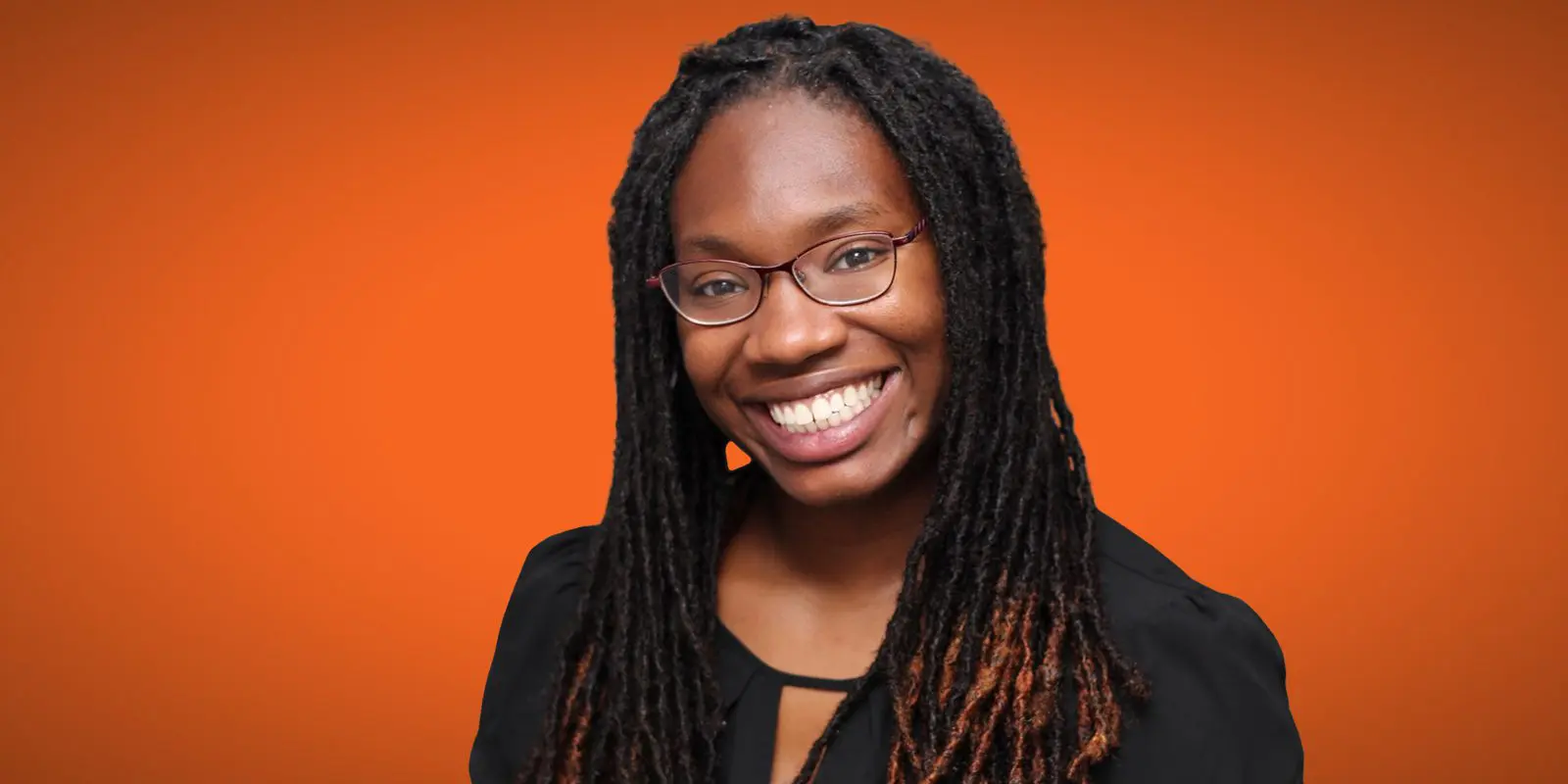“We need to address issues long before court becomes a possibility,” says HPRS scholar Chlece Walker-Neal-Murray.
That is the essence of preventive law, the foundation of a free, online Teach-Out course Chlece recently created. Like preventive medicine, preventive law aims to help people maintain their “legal health” by anticipating and avoiding possible inter-relational problems before they occur.
Chlece’s course, “Helping Families Avoid Negative Court Involvement,” lays the groundwork for preventive law—its history, meaning, and how it can be applied in the context of family law.
Chlece, a PhD student in social work at the University of Illinois at Chicago, developed her Teach-Out by drawing on her experience as a family lawyer and her ability to integrate social work and public health concepts with her understanding of the law.
Designed for people in romantic, parenting, or co-parenting relationships—from teachers, pastors, or social workers to doctors, nurses, or hair stylists, who work and frequently interact with families, children, or young adults—the Teach-Out covers both the theory and the practical application of preventive law.
Solving everyday issues
“The biggest thing to understand with preventive law is that you aren’t trying to solve a legal issue,” Chlece says. “You’re trying to solve everyday relational issues that everyone has.” A central message is that the judicial system does not need to be the mechanism by which familial issues are addressed.
Chlece hopes that learners in the course will feel empowered in their relationships and more confident in making decisions that support positive outcomes for their lives. She also hopes they will feel more optimistic about having uncomfortable conversations and discovering the possibilities that can emerge from conflict.
“Conflict is not necessarily a negative thing,” she says. “It is an opportunity for growth.”
Channeling passion into work
Reflecting on the decision to design and lead a Teach-Out, Chlece feels it was just what she needed at this point in her journey as an HPRS scholar.
“The Teach-Out gave me the opportunity to turn something I am invested in and passionate about into a course,” she says. “[It’s] more formal with a broader reach. I can now think seriously about how this would look as an academic course for service providers across disciplines.”
What would she tell other HPRS scholars considering applying to develop a Teach-Out?
“Do it,” she says.“Challenge yourself. See this as an opportunity to really develop something you are passionate about.”

